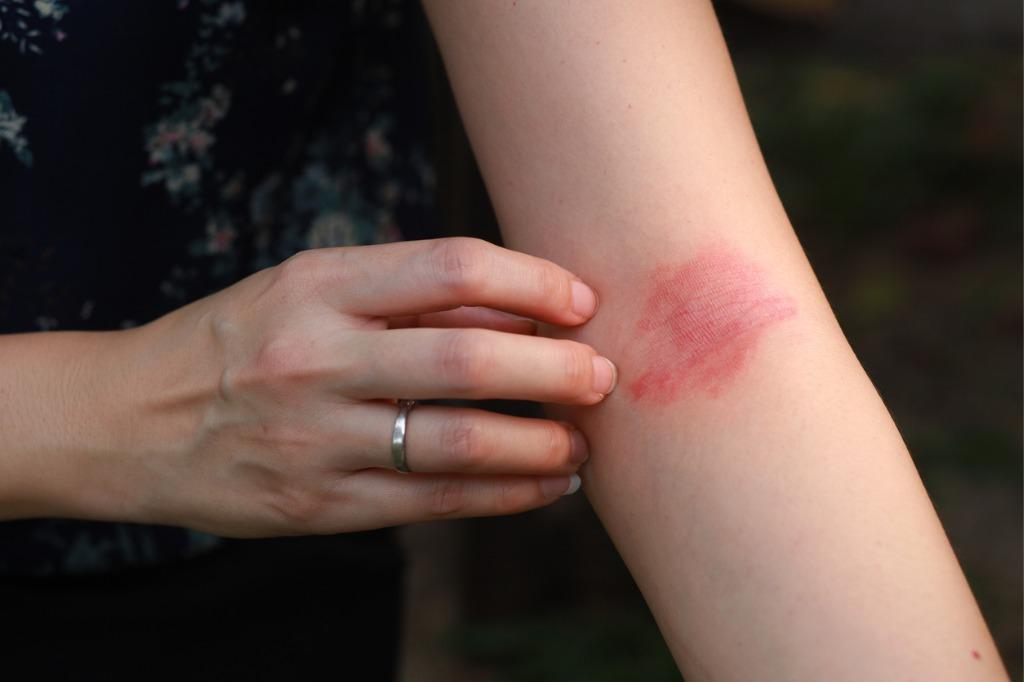Does Eczema Go Away? Understanding the Long-term Outlook

Eczema, also known as atopic dermatitis, is a common skin condition that often presents itself in childhood. Characterized by dry, itchy, and inflamed skin, eczema can be a source of discomfort and frustration for those who experience it. But does eczema go away? Let’s shed light on the nature of eczema and its long-term outlook.
What is Eczema?
Eczema is a chronic skin condition that usually begins in childhood but can occur at any age. It’s marked by periods of flare-ups, where symptoms are more severe, followed by times of remission, where symptoms may improve or disappear altogether.
The Chronic Nature of Eczema
Eczema is typically a long-term condition. While symptoms can be managed effectively with treatment, there is currently no cure. The severity and frequency of flare-ups vary widely among individuals. Some may experience only mild, infrequent symptoms, while others may have more severe, persistent issues.
Factors Influencing Flare-ups
Several factors can trigger or worsen symptoms, including:
- Environmental factors, such as pollen, pet dander, or changes in weather
- Irritants like soaps, detergents, and certain fabrics
- Stress can exacerbate symptoms.
- Skin infections can worsen or lead to flare-ups.
Management
Effective management of symptoms often involves a combination of lifestyle changes and medical treatments:
- Moisturizing regularly can help combat skin dryness.
- Topical medications, such as corticosteroids, can reduce inflammation during flare-ups.
- Identifying and avoiding triggers can help prevent flare-ups.
- Phototherapy is the controlled exposure to certain types of light, which may also help.
Eczema in Children vs. Adults
Many children with eczema find that their symptoms improve with age. In some cases, the condition completely resolves by adulthood. However, it’s also possible for symptoms to persist into adulthood or even start in later life.
When to See a Dermatologist
If you or your child are struggling with eczema, it’s important to consult a dermatologist. They can provide a tailored treatment plan and help manage the condition effectively. In some cases, they may also recommend allergy testing or other investigations to identify potential triggers.
Find Hope and Management for Eczema at Academic Alliance in Dermatology
While atopic dermatitis may not completely go away for everyone, with the right management strategies, most people can control their symptoms and lead comfortable, fulfilling lives. Advances in dermatology continue to provide new and more effective ways to manage symptoms, offering hope to those affected by this condition.
If you’re dealing with eczema, remember that you’re not alone. At Academic Alliance in Dermatology, we’re committed to helping our patients find the best ways to manage their skin conditions. Contact us to learn more about atopic dermatitis treatments and how to live well with this condition.
